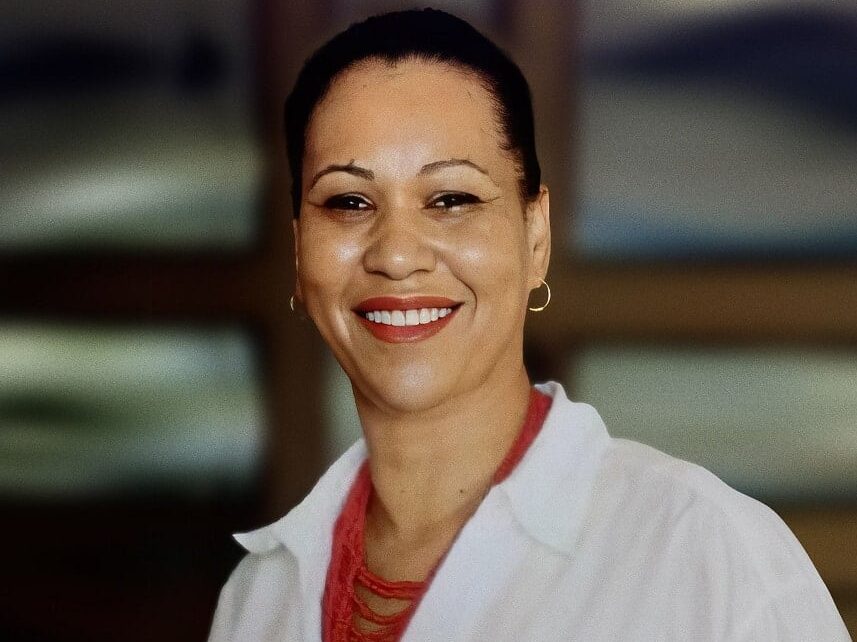A key driver of aviation industry in Tanzania underscored the importance of the Zanzibar Government to accord foreign and local firms an equal treatment in investment opportunities.
Tanzania Aviation Operators Association (TAOA) pleaded with the Zanzibar Government to refrain from enacting policies that favor foreign or local companies in investment prospects, as they would be deemed discriminatory, and thus illegal under the World Trade Organization (WTO) rules.
“We explicitly appreciate and support the ongoing reforms by the Zanzibar Government under the President, Dr. Hussein Ali Mwinyi, albeit with reservations on the way the Zanzibar Airports Authority had awarded exclusive rights to a foreign firm to render ground handling services at Terminal III,” said the TAOA Chief Executive Officer Lathifa Sykes.
Truly, on September 14, 2022, the Zanzibar Airports Authority (ZAA) issued a directive granting the Dubai National Air Travel Agency (DNATA) exclusive access to the $120 million worth state-of-the-art Abeid Amani Karume International Airport new terminal.
The ZAA also ordered all ground handling firms that used to operate at the Zanzibar’s Abeid Amani Karume International Airport until December 1, 2022, to vacate the newly constructed Terminal III, instructing airlines to make arrangements to work with DNATA.
DNATA is one of the world’s largest air service providers, offering ground handling, cargo, travel, and flight catering services across five continents.
“There was no transparency in the tendering process. We are not even sure if it was advertised, in the first place, for both local and foreign companies to bid in a fair ground,” Ms Sykes argued.
The TAOA CEO added: “We are worried because the ground-handling firms that used to operate have since been locked out of Terminal III and just a fortnight ago, they have embarked on laying off 200 workers as a measure to cut overhead costs. The penalties for non-compliances with WTO rules are extensive.”
Besides those being laid off, some, whose contracts are about to expire, will also not be renewed, as the employers seek to cut off what they have termed as a huge ‘wage bill’.
This comes after the Regional Labor Officer Mr Mahammed Ali Salum approved the retrenchment of the workers after ground handlers complied with the commission’s demands.
“The Labor Commissioner has given you go ahead with the retrenchment exercise at your institution. Please, ensure all due payments are made as required by the law,” reads the letter signed by Mr .Salum.
One of the casualties, the Zanzibar Aviation Services & Travel Trade (ZAT), has been operating at the airport for the past 27 years, with a concession agreement that runs until 2030, with a client base that features world class airlines and over 300 employees.
Prior to the order, some of the airlines that ZAT handled included Etihad, Qatar Airways, Oman Air, Turkish Airlines, Lot polish, Air Tanzania, Precision Air, Tui and Ethiopian Airlines.
On the other hand, Transworld, which also has been operating at the airport for the past six years, had Kenya Airways, Air France, KLM, Edelweiss, and Eurowings as part of its clientele profile.
At a press conference on February 28, 2023, Zanzibar President, Dr Hussein Ali Mwinyi, said local ground handling companies – Zanzibar Aviation Services & Travel Trade Ltd (ZAT) and Transworld – had operated the airport for 25 years, but the government ended-up getting nothing other than losses.
“When I took office, the salaries of the airport’s executives were coming from the Treasury, but since DNATA was contracted, the airport’s fortunes have improved tremendously, resulting in Sh8 billion revenue in the quarter that ended in December,” he said.
Foreign Direct Investments (FDIs), Ms Sykes argued, may contribute significantly to human capital formation, the transfer of state-of-the-art technologies and capital to spur economy, but all depend on domestic regimes.
“Yet, the benefits of FDI are not accrued automatically and evenly across countries, sectors and local communities; this is the reason we advise the Zanzibar Government to trade carefully, otherwise it may find itself displacing locals,” said the TAOA CEO, citing 200 people, who would lose jobs in a blink of an eye, as a vivid example of how impartial policy could be.
She said reforms like liberalization of national policies mattered a lot in attracting FDIs to a larger number, but to reap the full benefits of FDIs for development required policies that create a fair playing field.
“Zanzibar needs to establish a transparent, broad and effective enabling policy environment for investment and to build the human and institutional capacities to implement them in a bid to create inclusive economy that leaves no one behind,” she explained.
Developing countries, emerging economies and countries in transition have come increasingly to see FDIs as a source of economic development and modernization, income growth and employment.
Countries have liberalized their FDIs regimes and pursued other policies to attract investment. They have addressed the issue of how best to pursue domestic policies to maximize the benefits of foreigners’ presence in domestic economies.
Given the appropriate host-country policies and basic level of development, a preponderance of studies shows that FDIs trigger technology spillovers, assists human capital formation, contribute to international trade integration, help to create a more competitive business environment and enhance enterprise development.
“All of these contribute to higher economic growth, which is the most potent tool for alleviating poverty in developing countries,” Ms. Sykes noted.





